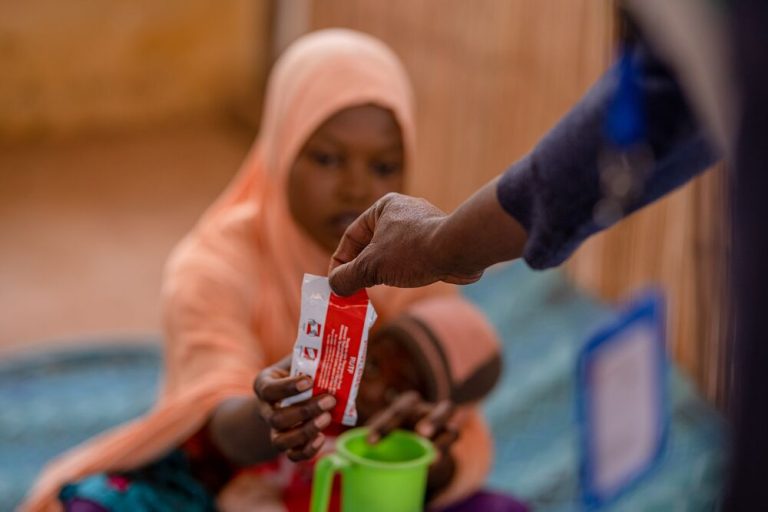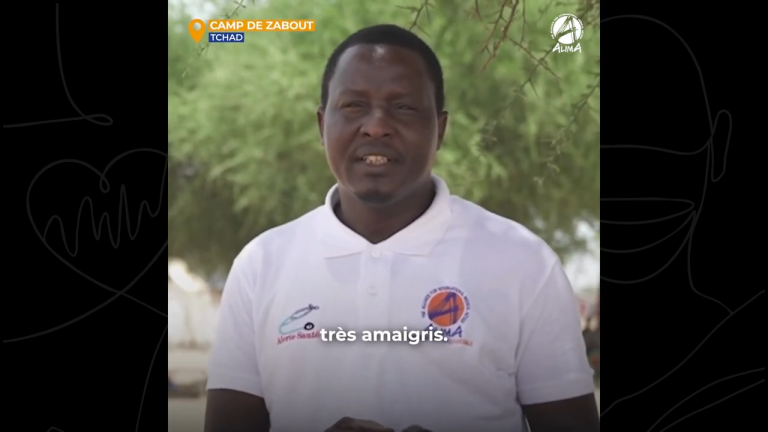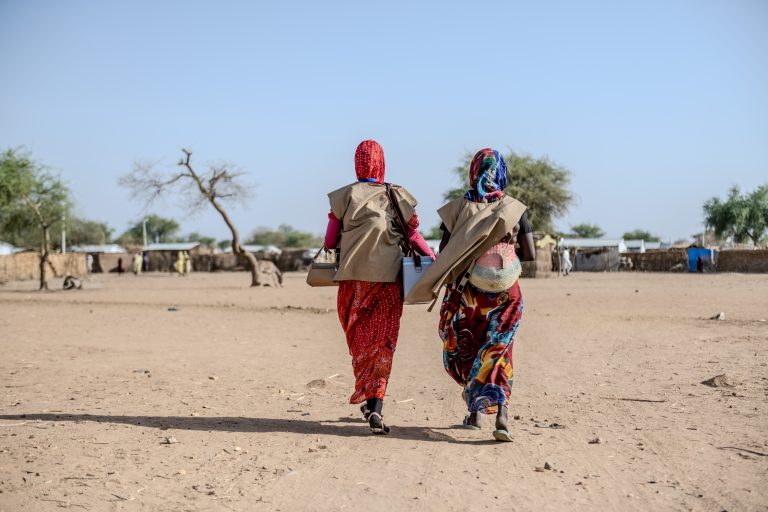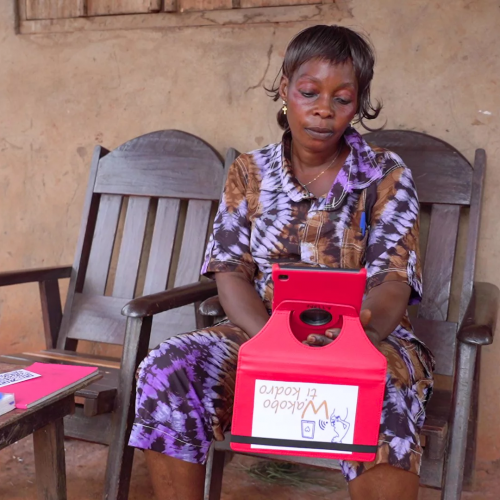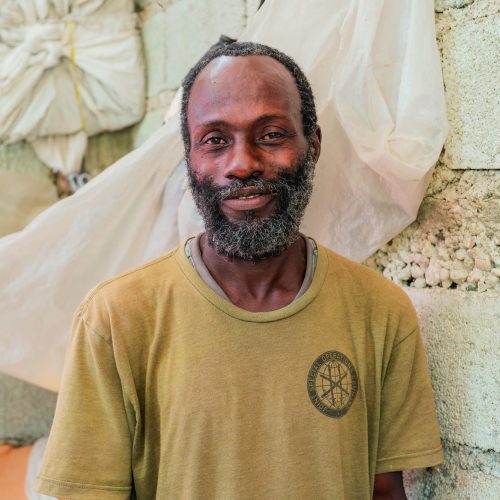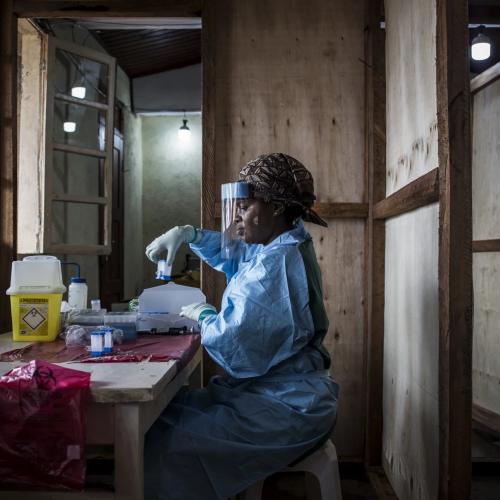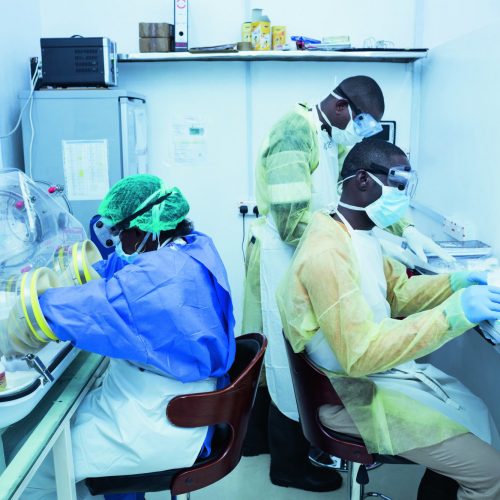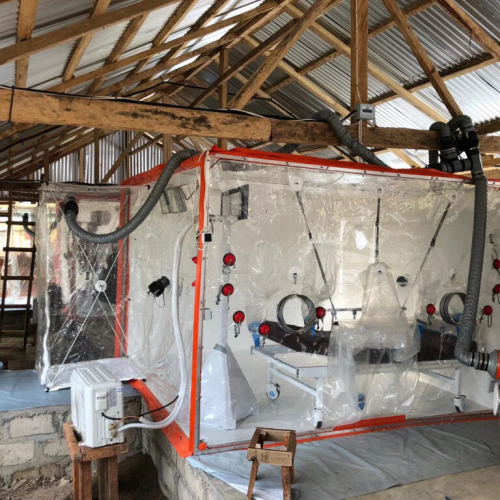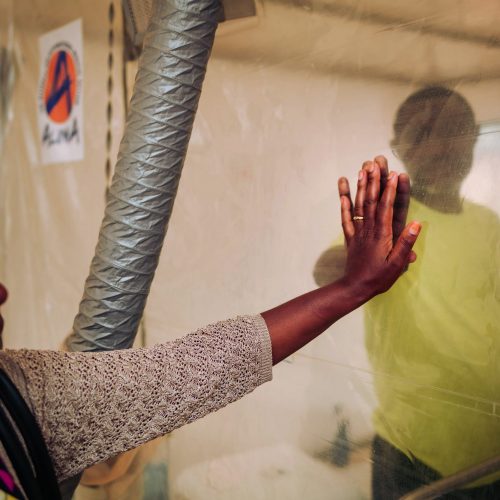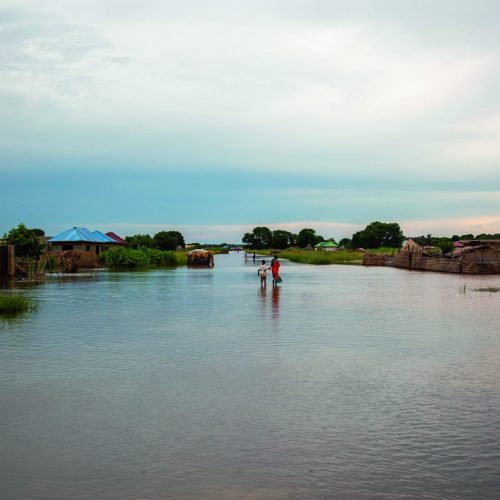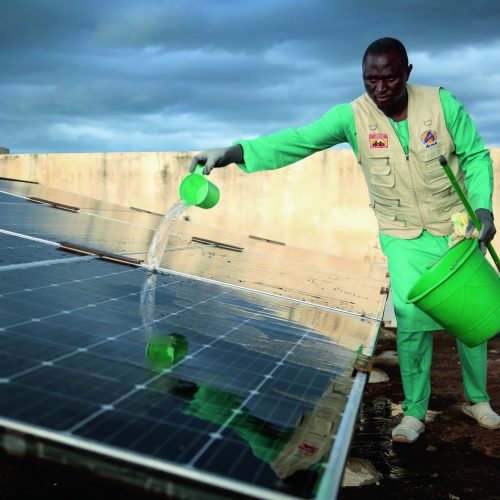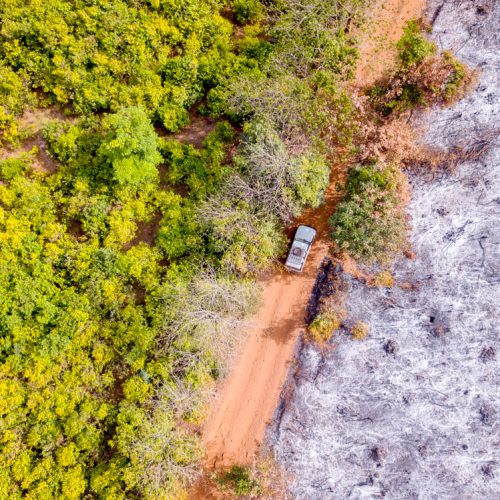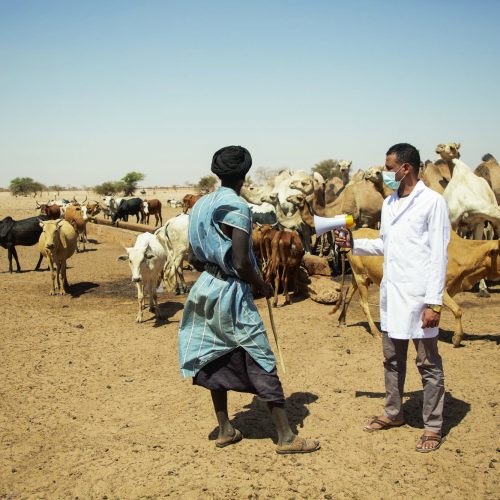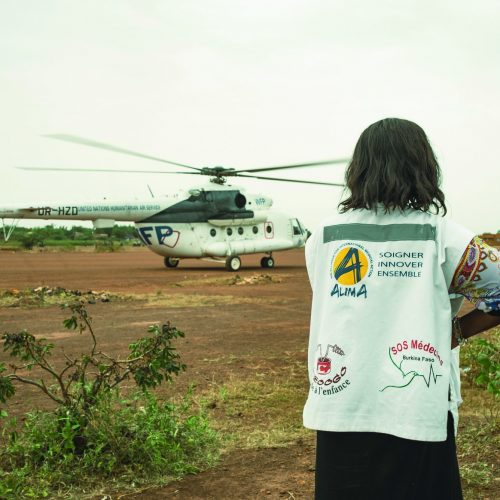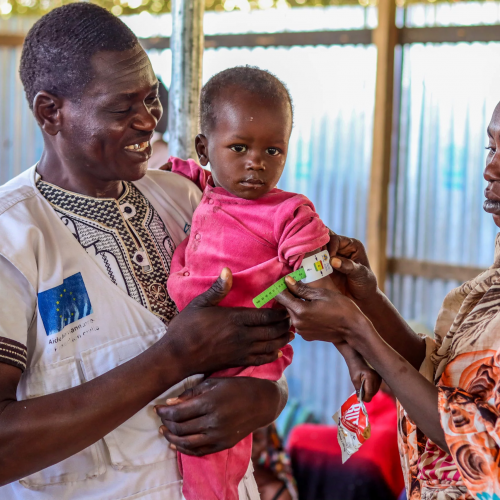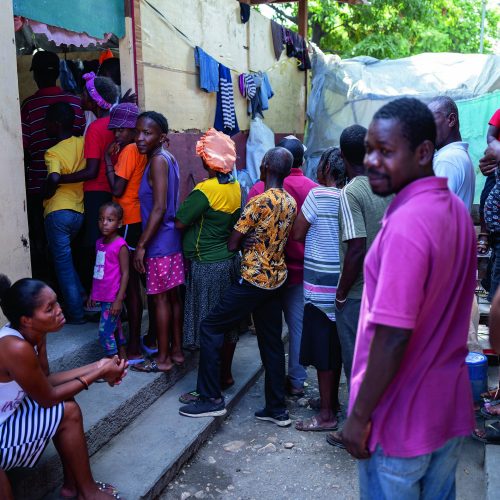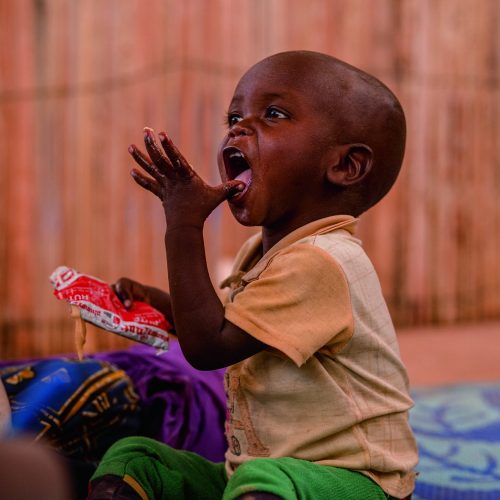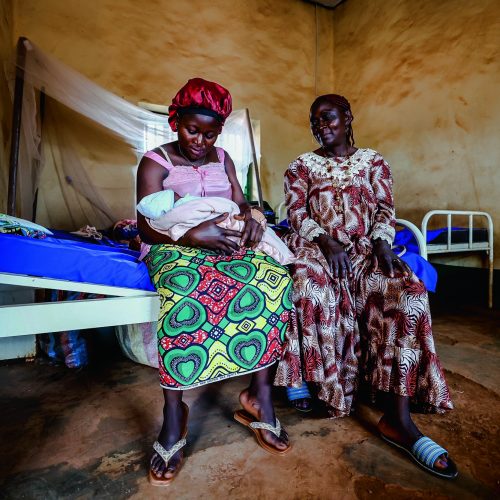What are some of the specific challenges that we face when delivering emergency medical assistance in complex humanitarian crisis situations?
The challenges really depend on the type of crisis, and by this I mean, whether the emergency is due to an outbreak of disease, such as Ebola, meningitis or cholera, etc., or whether it is related to conflict. Outbreaks, for example, tend to be short and unpredictable, and often happen in places where the epidemiological system is weak. The difficulty is how to exploit the situation to respond in the fastest possible way. We need information about the situation as soon as possible, and we need to have everything ready to deploy within a few days. This includes staff, medications and vaccines, medical supplies and other materials, as well as having financial resources ready-to-go. If you don’t act quickly, people will die; if you fail to act quickly this can also impact the spread of the outbreak.
The second kind of emergency happens during conflict. And while the challenges are similar to those of outbreaks, the main challenge within a conflict is access to populations. How can you meet the needs of patients amidst a multitude of logistical and security challenges? How can you gain access to areas that are off-limits for most people? How can you quickly build relationships with not only local authorities, but also with the different armed rebel groups, without putting your team at risk? It really is quite complex. This is why it is so important to work with local partner organisations, because they are the ones on the ground every day, who have already built these relationships and who have access to the places we need to work.
Why is it so important to improve emergency preparedness?
Preparation is key to reducing the response time and providing care as soon as possible. This means being ready before an emergency even exists. Normally, it can take up to 8 weeks to send medical supplies to a new site. This is too long when you are faced with an emergency situation. The response will come too late. But by having emergency supplies stockpiled and staff on-call, ready to deploy at any moment, this can reduce the response time to less than 72 hours. The same goes for financial resources. It takes two to six weeks to sign the appropriate documents and receive the money. But it is these two weeks that is the crucial window of opportunity for response. So really, you need to have back-up money, or an emergency finance mechanism in place, which can allow you to release funds right away. And of course, no two emergencies are ever the same. Each time we respond to a crisis, it is important to be flexible. Each time, we evaluate the specific situation and tailor the response to the specific needs, in order to provide the best possible care.
Since ALIMA began its first interventions nine years ago, what sort of changes have you seen in terms of emergency response?
Today, we are much better prepared to respond to emergencies. Not that we weren’t in the past, but each time we respond to an emergency, we get a little better, our teams get a little stronger. Our financial means have also improved; our preparation strategies have gotten better; we now have the capacity to launch research projects during emergencies, which takes a lot of resources. Each time we respond to a crisis, there are lessons learnt. We look at what went well, and what can be improved, and of course, how can we better work with local partners and communities to fill the needs gap. The result is a quicker and more efficient response the next time around.
What else needs to be done to ensure that the quality of/capacity to deliver healthcare during crisis situations is improved?
We could certainly have more financial resources dedicated solely to emergencies. The nature of our financing from donors, doesn’t always allow us to keep as much reserves as we would like. This can hinder a rapid emergency response. And of course, increasing the pool of trained and qualified staff who can quickly deploy to conflict or outbreak zones, will always improve a response.
What role does research play in improving healthcare during emergencies?
Research plays several roles. The first is meeting the appropriate epidemiological needs during emergencies. For example, previously with Ebola, there were no vaccines against the disease, there were no proven drugs to treat it. But by launching therapeutic drug and vaccine trials during an outbreak, we were able to test their efficacy. This research led to us improving a patient’s chance of survival, and reducing the risk of health workers becoming infected. It is the kind of research that can often only happen during a crisis situation. However, research in this context is very difficult, because emergencies, particularly outbreaks, are short and unpredictable. Things happen quickly, resources are limited, and so the normal timeline for research can’t be followed.
It is a race against time. We can’t wait weeks or months for the appropriate permissions; sometimes in conflict zones we can’t safely send researchers. So again, the key is to be prepared, to have protocols ready beforehand. And this is what we do within the platform CORAL (Clinical and Operational Research Alliance) and why we participate in the ALERRT consortium – we have the tools and means to launch research projects during emergencies.

Augustin Augier – Chief Executive Director

